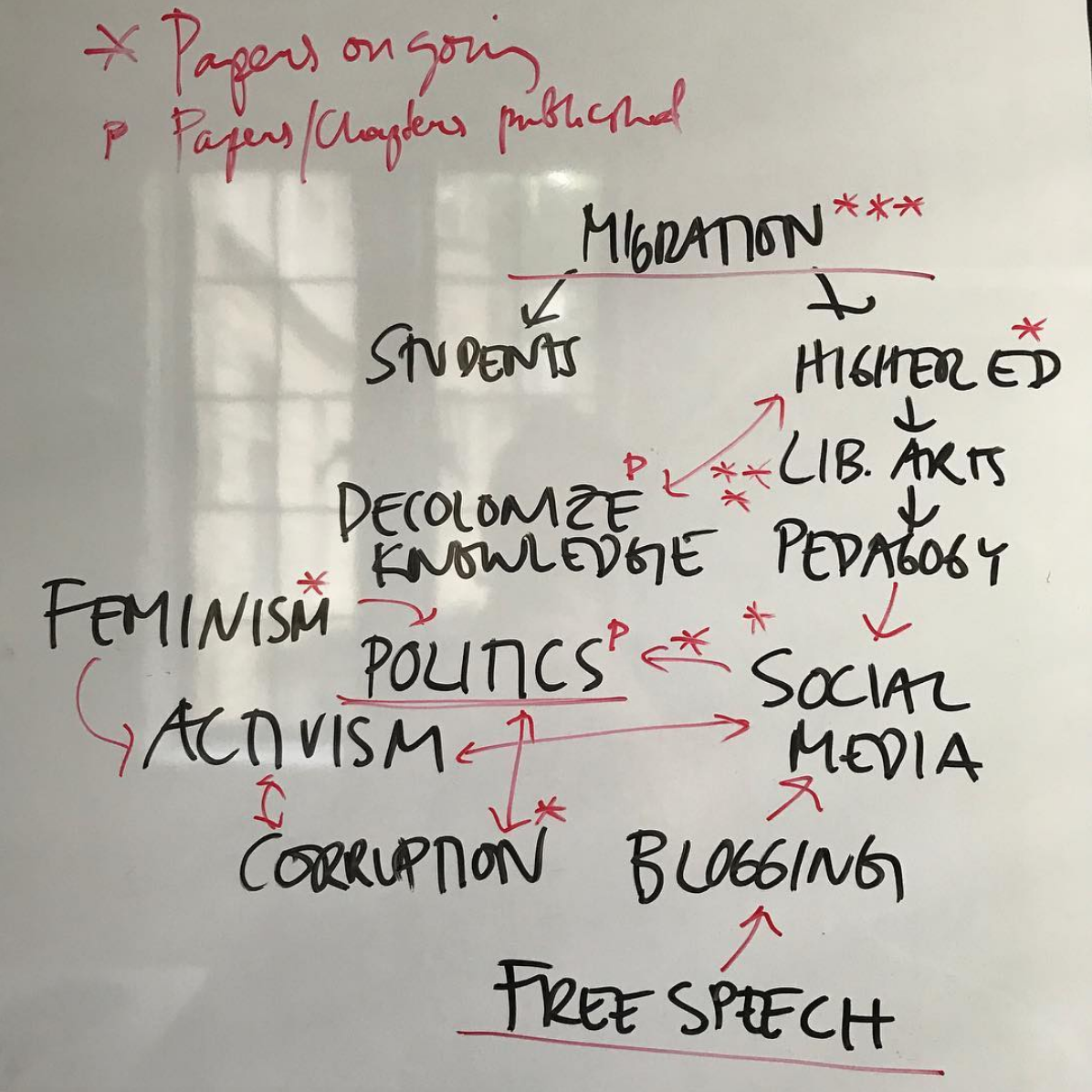If you do and you live in Ghana, you are not alone.
According to a recent survey carried out by Gallup, three out of four (or 77%) of Ghanaians believe in Witchcraft.
Only Ivory Coast (with a staggering 95% ) and Senegal (with four out of five) have larger shares of the population suggested to be witchcraft believers. Mali, Cameroon and the DR Congo has around the same levels as Ghana. The average for Sub-Saharan Africa is around 55%. Surprisingly, to me at least, Nigeria came out under average with less than half a population believing in witches. Rwanda and Uganda being the only countries in the sample in which less than 20% answered yes to the question: Do you personally believe in witchcraft?
I just threw myself over this survey. The aspect of witchcraft is a very intriguing one for a westerner moving to Sub-Saharan Africa.
Intrestingly, the Ghanaian witch does not have a pointed black hat and a cat that talks, nor does she need a broom to fly and need not wait until Halloween before she comes out. No, the Ghanaian witch lives close to you and me and can cause harm to anyone she – or he – wants to hurt. Diseases, deaths and ill fates are often blamed on a malicious witch.
In Ghana, the absolutely worst thing you can call anyone is “a witch” (well, apart from stupid, but that is a different blog post). Read this post by Nana Kofi Acquah on a street quarrel. I have also heard people talk about meeting witches, witches casting curses and occasionally lifting them, see for instance this recent account by fellow blogger AntiRhythm on a curse over a lost mobile phone.
Also, the newspapers report regularly about witches flying here and there. Last time I remember reading about witches in the news it was a witch from the Volta region who had mysteriously found himself landing on a house roof in Ashaiman, close to Tema where I live. A few years ago, reports on a witch conference taking place in Kumasi, Ghana spurred on newspaper Daily Guide to suggest the following:
The numerous road accidents, boat disasters, floods in the north, gas explosions in Kumasi and collapse of buildings that the country has witnessed in recent months may not be for nothing.
A global meeting of witches, currently underway in Ghana, is targeting thousands of lives through fatal road and other accidents.
So the accidents on our roads and floods in the north are due do a 2007 conference of witches? Let me tell you that these have not really subsided after the conference was over and done with…
On a more serious note, in Ghana there are sadly a need (?) for enclosed areas for witches or “witch camps”, predominately for women who have been named witches by their community. For more info on this, read this account about life in Gambaga Witch Camp or this insightful and frightening article about What Makes a Woman a Witch? by writer Yaba Badoe. Recently the plight of those women have been recognized, for instance by SOSYWEN and Stop Witch Trials.
The GALLUP survey also suggest that witchcraft believers live worse lives than those who do not believe. Of course, that seems plausible but possibly with a spurious or false relationship, with education for instance being the real explanatory factor. But when I look at the presented numbers, I wouldn’t say that there is really much of a difference in percieved living standards between witchcraft believers and non-believers.
Those who believe in witchcraft rate their lives at a 4.3 on average, while those who do not believe or don’t have an opinion rate their lives higher on the scale, at 4.8 on average.
Is it very marginal, or am I not getting it right?
Anyway, this survey gives me scientific proof of something I already knew: that most people in Ghana do believe in witches.
So, do you? And why?
 Well, so far I have not seen too many raised eyebrows (maybe my personal brand fits like a glove with an old Nokia, haha) and my phone has been functional in that it does the “phone things” well – rings, dials, charges fast etc.
Well, so far I have not seen too many raised eyebrows (maybe my personal brand fits like a glove with an old Nokia, haha) and my phone has been functional in that it does the “phone things” well – rings, dials, charges fast etc.




